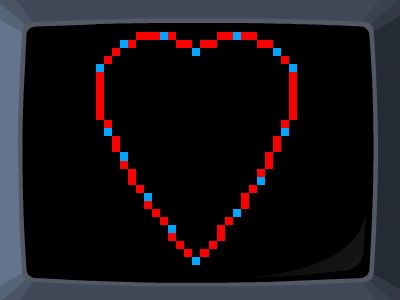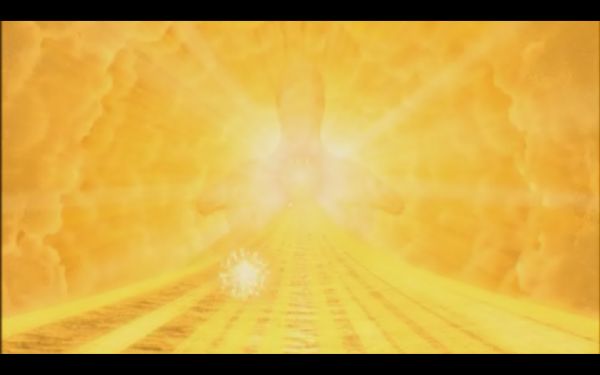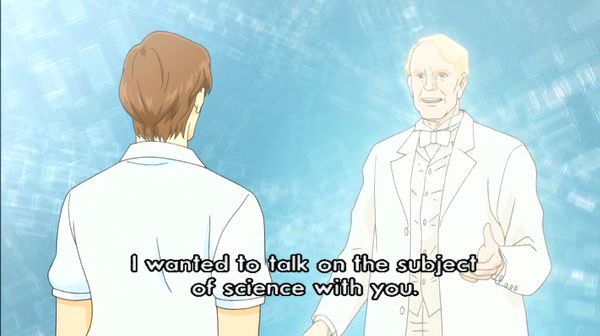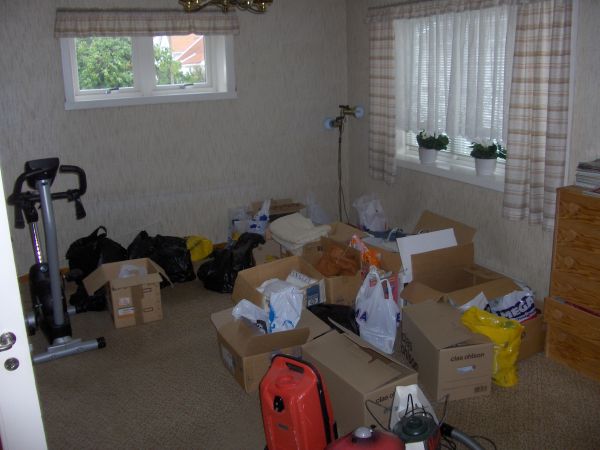Yes you should! Read them all, even if you have to jump to reach the ones at the top shelf! ^_^
If you read this journal, you are obviously not illiterate. But how literate are you? Well, if you read my previous entry about walking, it was worthy of 9th grade according to this handy readability calculator. Hopefully you graduated from there at some point and haven’t lost too much of your skills…
I am pleasantly surprised that my latest entries seem to be this readable. I suppose if I went into the really esoteric material, it would be harder to read. Certainly that seems to be the case with most of the books I have bought lately, mostly on topics of religion and value philosophies. Â With the notable exception of Ryuho Okawa, it seems people feel the urge to use strange words when speaking about such topics, or else use common words in new ways. I guess this can be useful to keep things exact. The more clearly you understand something, the more exact you can be. And if something is very valuable to you, you want others to see it exactly as it is.
But if you see something in the distance, it is only natural that it is hazy. So if I try to explain something to people who are still far away from it, I should probably keep it simple. Should you really need college education to understand how the body works, or the mind, or the Heavenly Realm of Light? Perhaps, if you want to get all the details. But I don’t even have all the details myself. And in any case, I wouldn’t write for experts in a place like this.
***
Even so, there are many 9th graders who can’t read at a 9th grade level, as I am sure you have noticed. For that matter, there are many adults who can’t. Â I guess it is more of an ideal than a requirement?
There are many reasons why people can’t read well. It could just be that they are stupid, as we used to say in an simpler age: They don’t have much processing power in their brain, compared to others. Whether we like it or not, this is a resource that is not given equally to all. And reading is not a function you need to survive in the wild, so it is not an instinct in humans. Perhaps if we were to live in civilization for millions of years, speech and reading and writing might become full instincts? If I write a science fiction story about such a species, I may consider it. But in the real world, reading is not the first thing your brain will devote itself to.
But even if you are smart, there could be specific problems with a small part of your mind, or your eyes, or even the muscles that control the small movements of your eyes; any of these could make it hard to read well, even if you are a fast thinker. For instance, I can read while standing up, or sitting in a bus on a bumpy road, or even while walking. This is not due to superior thinking but the tiny muscles that control my eyes. Of course it helps to be able to guess things from context so you don’t have to move your eyes so often, but without good control of those tiny muscles it gets much harder to read. Someone who is not blessed with good eye muscles will have a hard time reading unless he is sitting at a table or some such ideal place.
There are many people who can read well, if you ask them to read a text out loud. But if you ask them later to explain it in their own words, they cannot. They may be able to mention names or numbers from the text, but they cannot tell you what they learned and how it connects to other things they know. This could be because they learned to read as an outward skill, and were graded or praised based on whether they could read fluently, or remember names and numbers. They may not be stupid, but they never got into the habit of thinking about what they read while reading. Unless your mind is on the content, rather than the performance of the skill, you will have a hard time understanding and keeping what you have read. This is particularly important in textbooks and articles. The human mind is naturally good at stories, so it is easier to get something out of these even if you are not used to bind your text to you with thoughts or steadfast observation.
Reading tends to make you better at reading. It will not magically solve any medical conditions that make reading hard, of course. But within your potential, you can grow with practice. (As in all other things, I guess.) You may think that reading fantasy novels will do more harm than good to your future understanding of college textbooks, but that is not so (unless perhaps you are already an intellectual).
In fact, the example is taken from my own life. English is my third language. I learned the basics in school, but it was reading paperbacks that gave me a larger active vocabulary than most Americans. In particular authors who loved the English language, such as Piers Anthony, Stephen Donaldson and later Edgar Rice Burroughs. Â They extended, expanded and enhanced my vocabulary and grammar. Now when I meet a rare word or an old-fashioned turn of phrase, I don’t need to break my concentration to figure it out.
Be that as it may, I am still not the grandmaster of literacy. Reading English more than a century old or so, for instance, slows me down. And there are people who write such flowery and convoluted language, it gives even me pause. Sometimes it is beautiful, sometimes it is necessary. Sometimes, I suspect, it is just their way of thinking.
But as for my own writing, I do not aim it at the barely literate. I may write for them if asked to, but I have no faith that they would find my journal in the forest of blinking and colorful advertising that the Internet has now become. So I write for those who read, enjoy reading, and keep reading. And for them, I hope my words shall be readable enough. For some of the things of which I write are not so simple to believe, since we have been taught otherwise from an early age. Â But that is not for today. For now, let this be enough.





